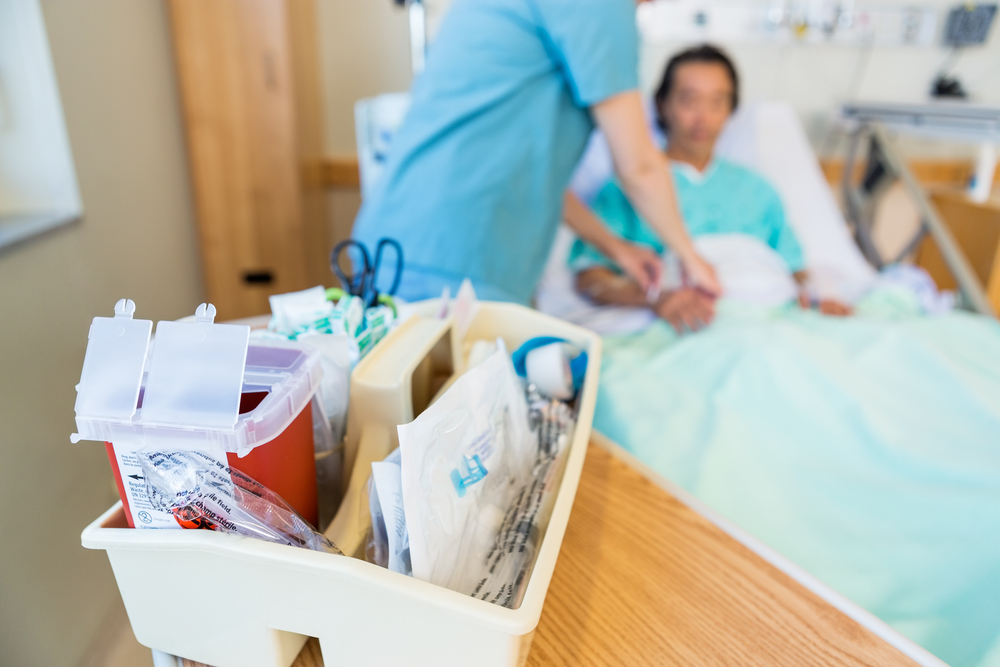 During the Society for Melanoma Research 2014 International Congress in Zurich, Switzerland, Bristol-Myers Squibb (BMS) presented the results of its CheckMate-066 trial, a Phase 3 randomized, double-blind study comparing Opdivo (nivolumab) to the chemotherapy dacarbazine (DTIC) in patients with treatment naïve BRAF wild-type advanced melanoma.
During the Society for Melanoma Research 2014 International Congress in Zurich, Switzerland, Bristol-Myers Squibb (BMS) presented the results of its CheckMate-066 trial, a Phase 3 randomized, double-blind study comparing Opdivo (nivolumab) to the chemotherapy dacarbazine (DTIC) in patients with treatment naïve BRAF wild-type advanced melanoma.
The results, published in The New England Journal of Medicine, showed the clinical study met its primary endpoint of overall survival (OS), with the median OS not reached for Opdivo versus 10-8 months for DTIC.
The CheckMate-066 trial enrolled 418 patients who received either Opdivo 3 mg/kg every two weeks or DTIC 1000 mg/m2 every three weeks, until there was disease progression or an unacceptable level of toxicity.
Within the group of patients receiving Opdivo, 73% were still alive one year later, compared with only 42% in the group who received DTIC chemotherapy.
Furthermore, this impressive survival advantage was seen in Opdivo-treated patients whether they were positive or negative for PD-L1.
“The results from CheckMate -066 are significant as they represent the first time a PD-1 immune checkpoint inhibitor has shown a survival benefit in a randomized Phase 3 trial,” Prof. Caroline Robert, Professor of Dermatology, Head of the Dermatology Unit, Institute Gustave Roussy and lead author of study said in a BMS press release. “This represents a major milestone in the study of treatment naïve patients with wild-type BRAF advanced melanoma.”
Opdivo is an investigational fully-human programmed death-1 (PD-1) immune checkpoint inhibitor, that upon binding with the checkpoint receptor PD-1 expressed on activated cancer cells, inhibits the capacity of tumor cells to evade the immune system, allowing for an effective immunological anti-tumoral response.
“Treatment naïve advanced melanoma patients who received nivolumab in this study had clinically important improvements in both overall survival and objective response rates compared to DTIC,” Georgina V. Long, M.D., Ph.D., Melanoma Institute Australia & the University of Sydney and Mater Hospital and presenter of the results, added in the press release. “This study also confirms our hypothesis on the role of PD-L1 expression in advanced melanoma. In CheckMate -066, both PD-L1 positive and negative patients treated with nivolumab had a clear survival benefit.”
The results also demonstrated that within the Opdivo treated group, 40% of patients had tumor shrinkage versus 14% in the chemotherapy group. Furthermore, there were fewer discontinuations and treatment-related Grade 3/4 adverse events in the Opdivo group than in the DTIC group.
“The results were incredibly good and show there will no longer be a role for chemotherapy in advanced melanoma,” Dr. Long added in a Reuters press release.


